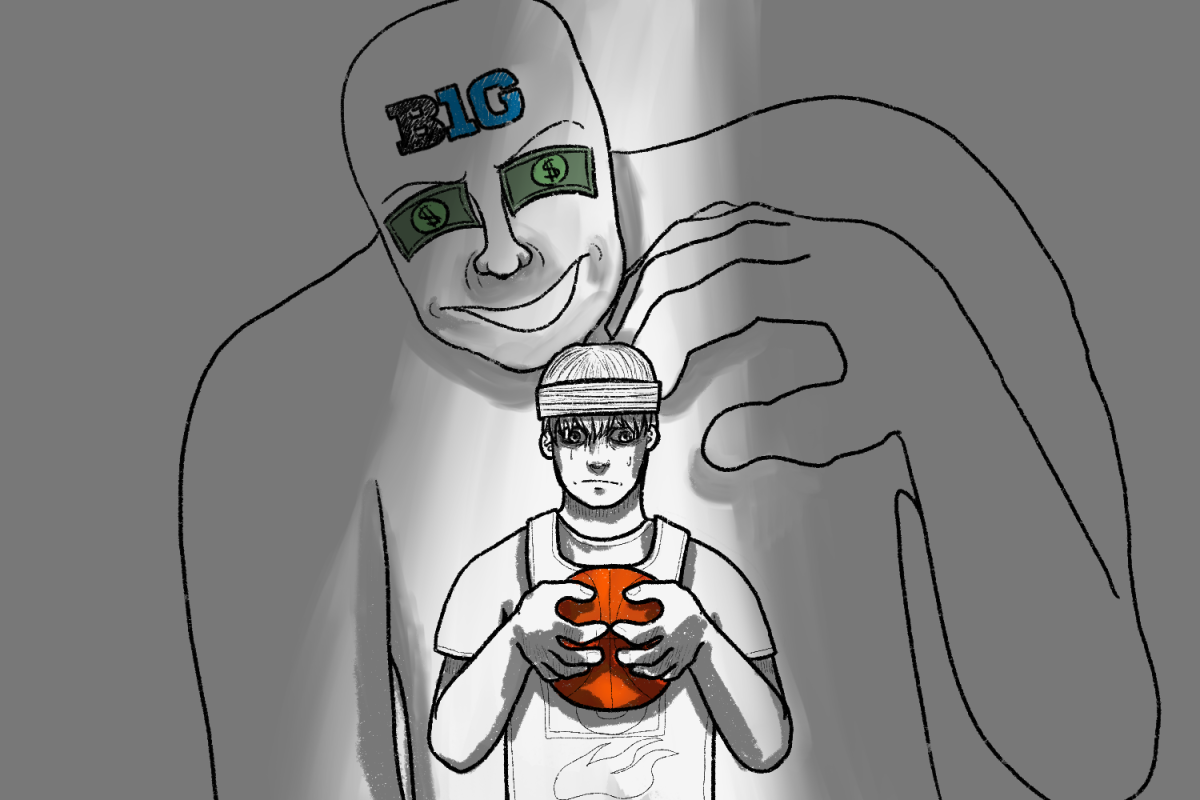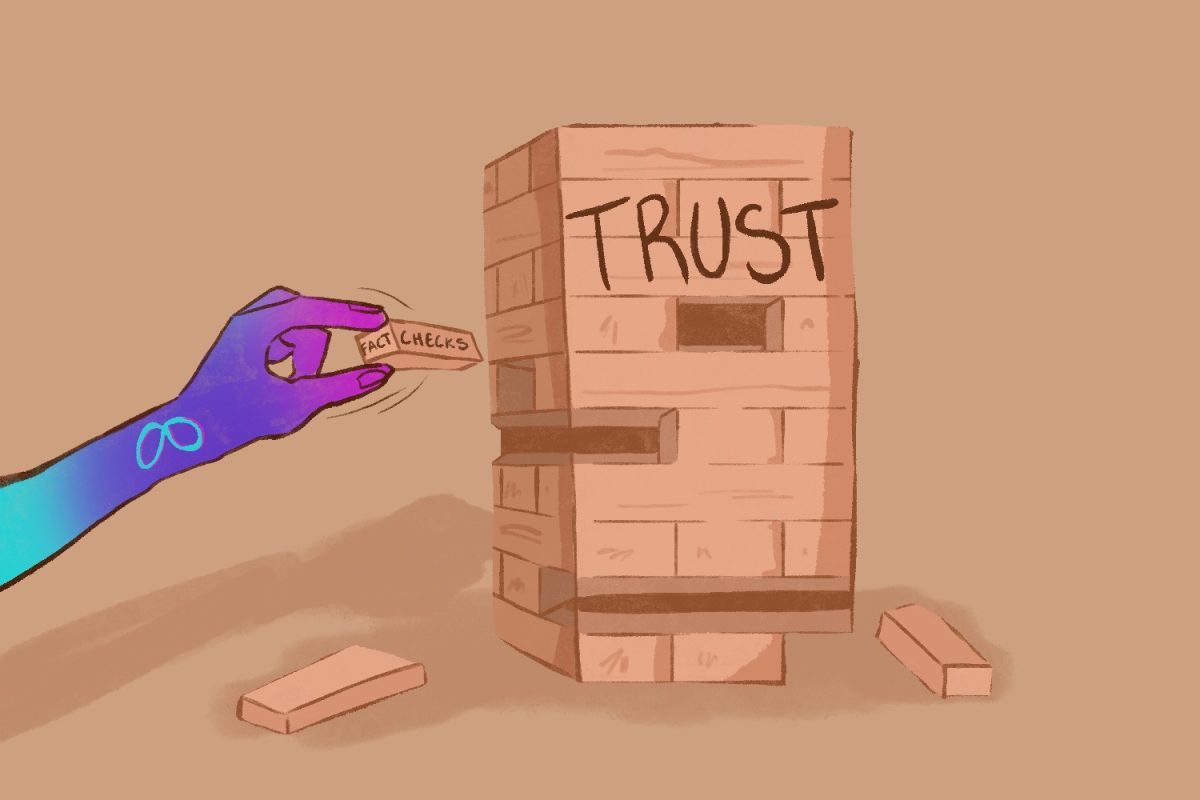While growing up, dystopian fiction was a large part of our childhoods, whether it was novels like “The Hunger Games,” “Divergent,” or “The Giver,” or T.V. series like “The Twilight Zone” or “Stranger Things.” We engaged in these types of entertainment because they were just realistic enough that we wouldn’t cross the stories off the list of something that could occur in the future.
Years after some of these hit novels and even movies came out, here we are in the midst of a world-wide pandemic, enduring a climate emergency, surrounded by riots and protests, and here in California, on fire.
We may not be exactly mirroring a world in which we are all forced to fight one another for our survival, yet, but we are arguably living in a dystopian-like world.
It is no debate that science-fiction has a massive impact on its audience. Whether you were Katniss Everdeen for Halloween or shaved your hair to look like Eleven from Stranger Things, you were incredibly engaged with one of these works.
While it may feel like we are in a never-ending series of unfortunate events in 2020, it is essential to see the progress we have made as a society and be able to imagine the possibility of a brighter future.
For example, “The Jetsons,” a futuristic cartoon from the 1960s that portrayed the future as bountiful, with flying cars and helpful robots, assumed that things will change for the better and that the future is not all downhill from here. In no means did “The Jetsons” portray a perfect future, as it was flawed by its outdated notions of women’s roles in society.
However, if you look at modern technology, you can see elements that were in the writers’ imagination at the time. In these difficult times, utopian fiction would be a helpful force in changing people’s mindsets.
It is still necessary to accept the problems we face both globally and nationally and do our best to help change things for the better. However, since we can’t get our dose of positivity from the real world, movies and books can help us imagine a future that, like a dystopian story, we can believe is within reach.
*This editorial reflects the views of the Scot Scoop editorial board and was written by Audrey Boyce.













